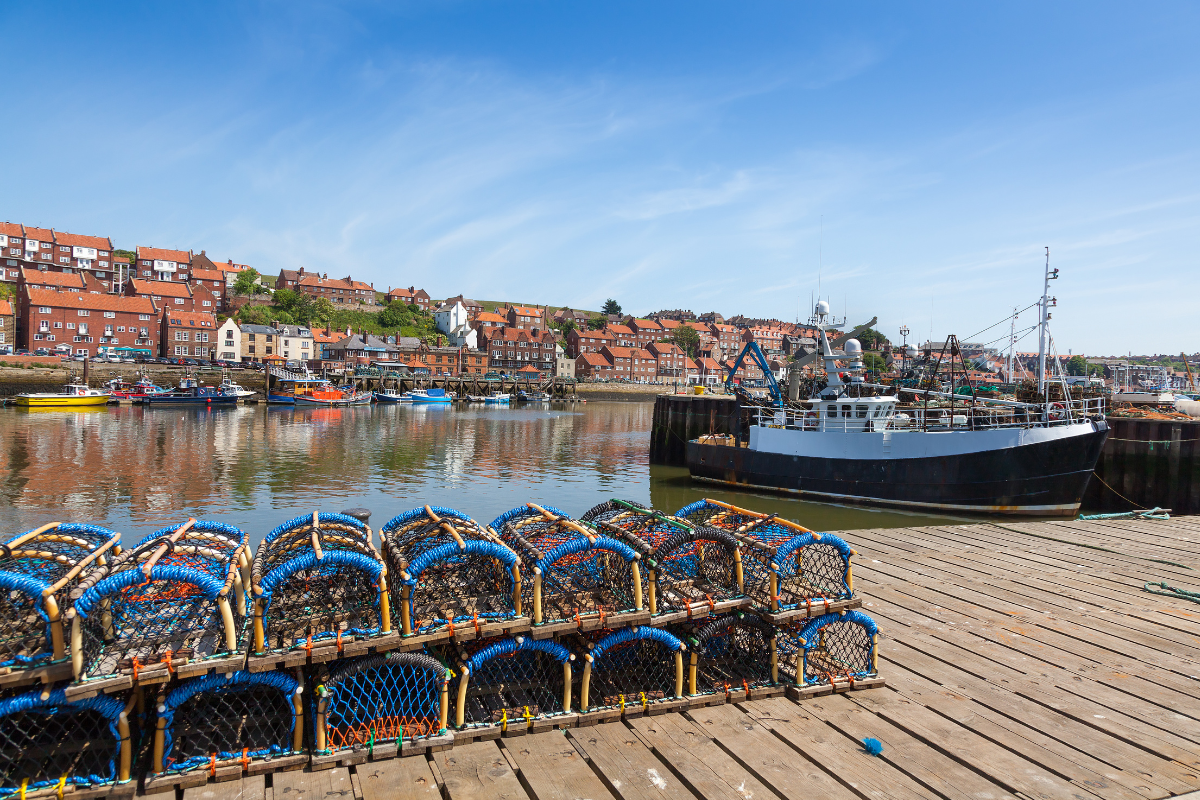
A government committee has heard competing theories about what caused the deaths of thousands of shellfish off the Yorkshire Coast.
The Environment Food and Rural Affairs Committee heard yesterday from government scientists who put the mass mortality event down to an algal bloom which they say caused a lack of oxygen at the seabed - killing the crustaceans.
But, academic researchers from the University of Newcastle say they believe that dredging in the River Tees released a toxic chemical called Pyridine from the seafloor, which killed the crabs and lobsters.
Joe Redfern from the Whitby commercial fishing Association spoke at the hearing, he wants further dredging to be halted.
DEFRA's official report had concluded that a naturally occurring algal bloom was responsible for the mass mortality event last year.
But Dr Gary Caldwell from Newcastle University's School of Environmental Science, says experiments have shown that the chemical pyridine could have killed the crustaceans, he's concerned that dredging in the River Tees at the time of the event could have released the chemical from the seabed and he says their research shows that crabs are more susceptible to the chemical than had been previously thought.
DEFRA and the Environment Agency say they haven't detected Pyridine in the River Tees since 2018.



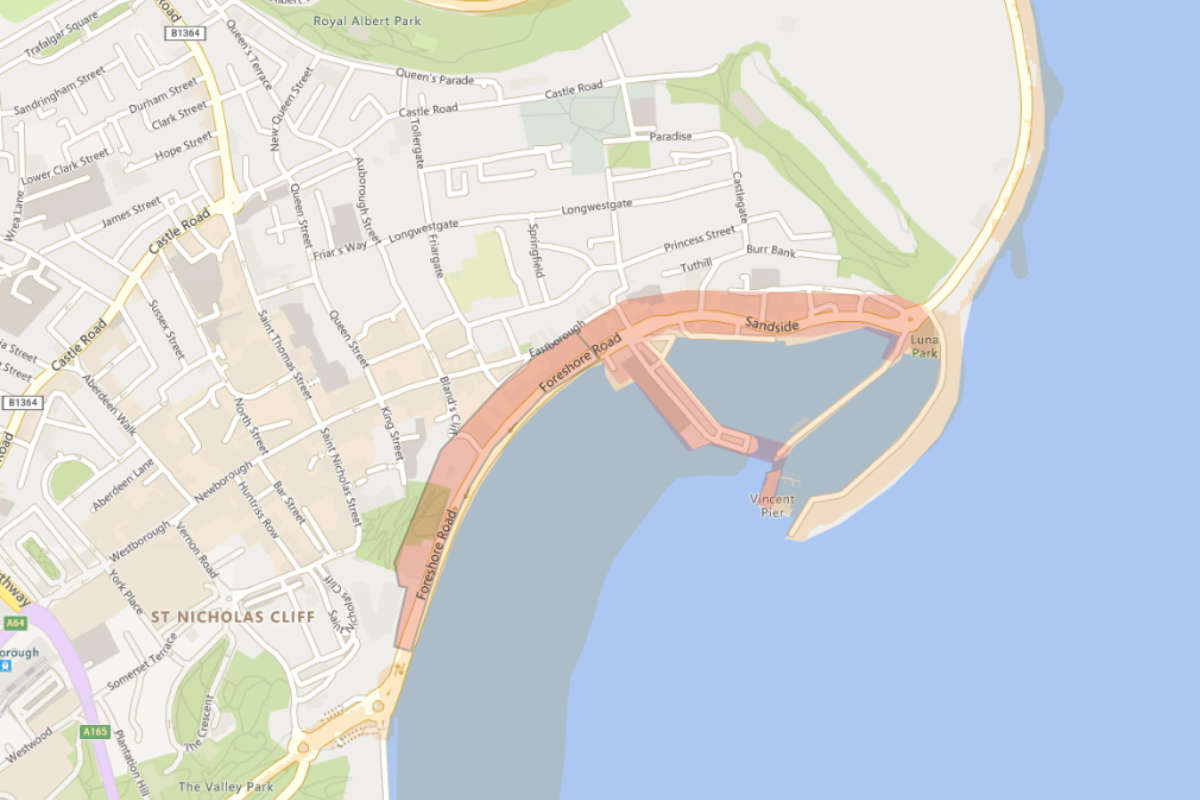 Flood Warnings Issued For Scarborough's Sandside & Foreshore Road
Flood Warnings Issued For Scarborough's Sandside & Foreshore Road
 East Riding Council Facing "Tough Decisions" as New Operating Model Signals Looming Redundancies
East Riding Council Facing "Tough Decisions" as New Operating Model Signals Looming Redundancies
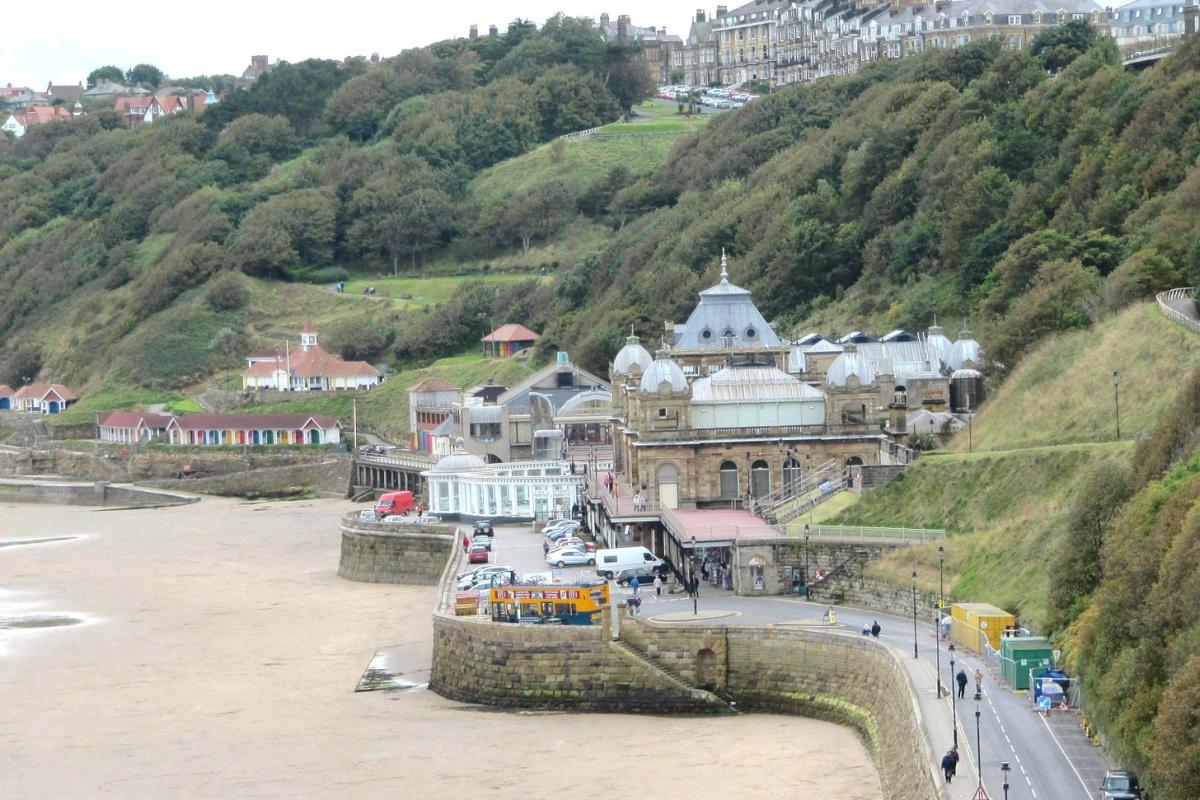 Location for Scarborough's 400th Anniversary Sculpture Confirmed
Location for Scarborough's 400th Anniversary Sculpture Confirmed
 New Chief Exec for Yorkshire Air Ambulance
New Chief Exec for Yorkshire Air Ambulance
 Scarborough and Whitby MP Presses for Burniston Fracking Decision to be Delayed
Scarborough and Whitby MP Presses for Burniston Fracking Decision to be Delayed
 Pickering and Filey MP Criticises Government for ‘Unfair’ Rural Funding Settlement
Pickering and Filey MP Criticises Government for ‘Unfair’ Rural Funding Settlement
 East Riding to Introduce Weekly Food Waste Collections Amid Long-Term Funding Fears
East Riding to Introduce Weekly Food Waste Collections Amid Long-Term Funding Fears
 Eastfield Boxing Club Film to Get Scarborough Premiere
Eastfield Boxing Club Film to Get Scarborough Premiere
 Scarborough Athletic Stunned By Minnows in Senior Cup
Scarborough Athletic Stunned By Minnows in Senior Cup
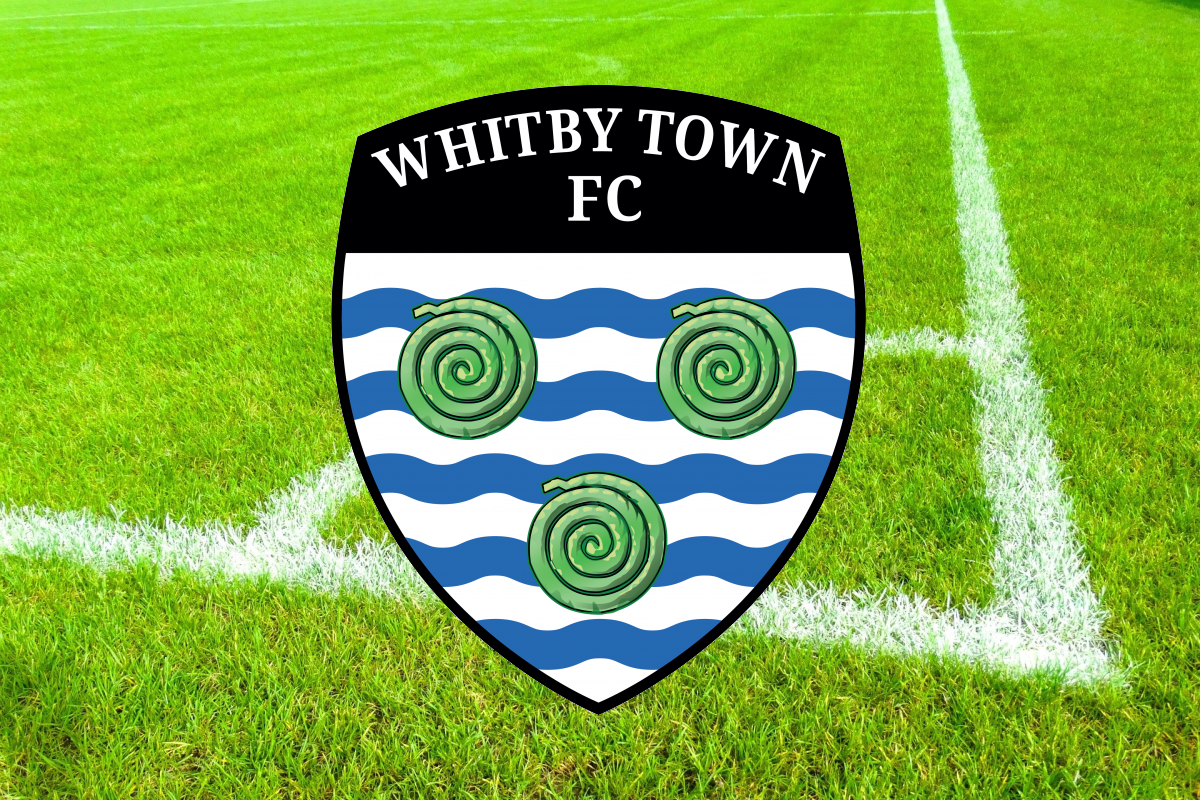 Whitby Town Again Hit By Second Half Slaughter
Whitby Town Again Hit By Second Half Slaughter
 Scarborough Café and Flat Plans Opposed by Town Councillors
Scarborough Café and Flat Plans Opposed by Town Councillors
 Bridlington Town Beaten Again Despite Improved Showing
Bridlington Town Beaten Again Despite Improved Showing








Comments
Add a comment